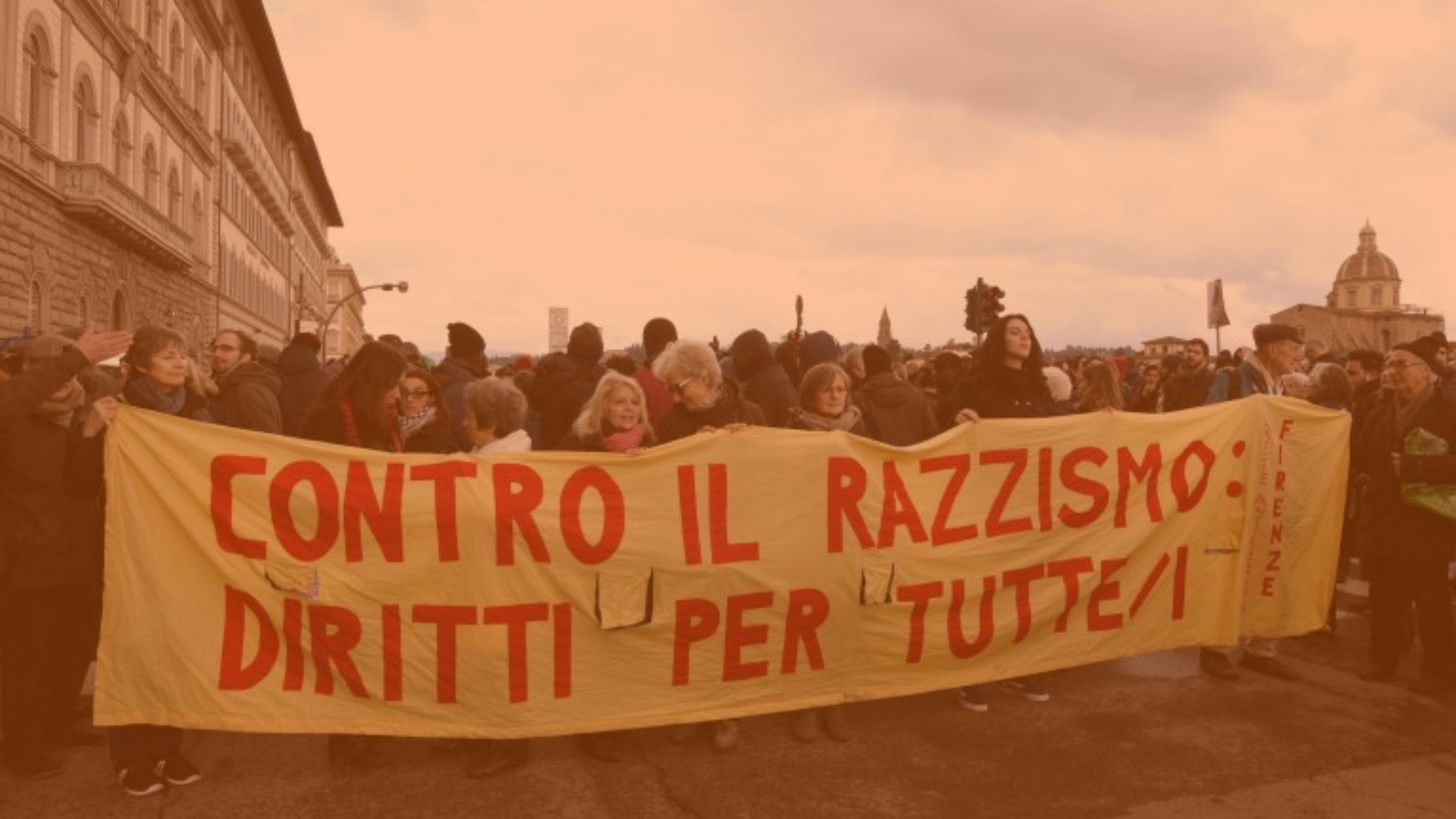Italy's Political Landscape: When Tradition Meets Modern Tensions

In the complex social landscape of Italy, a troubling intersection emerges where xenophobia, patriarchal power structures, and gender-based violence converge, exposing deep-rooted tensions surrounding cultural integration and societal norms.
The dynamics of these intersecting issues reveal a nuanced and often volatile environment where traditional attitudes clash with evolving social expectations. Women, particularly immigrant women, find themselves at the epicenter of these cultural conflicts, facing multiple layers of marginalization and potential violence.
Patriarchal systems perpetuate harmful narratives that not only objectify women but also create hierarchical structures that disproportionately impact vulnerable populations. Xenophobic sentiments further complicate these dynamics, creating additional barriers to social inclusion and mutual understanding.
These interconnected challenges highlight the urgent need for comprehensive social reforms that address systemic inequalities, challenge deeply ingrained cultural prejudices, and promote genuine respect for human dignity across diverse communities.
By confronting these complex social issues head-on, Italy can work towards creating a more inclusive, equitable society that values the safety, rights, and contributions of all its residents, regardless of gender or cultural background.
